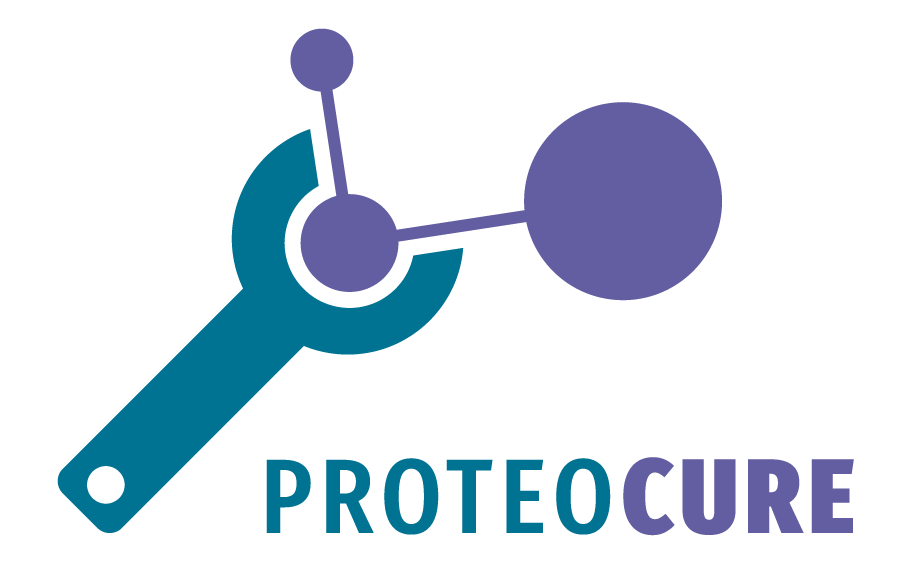Friday, April 21st 2023, at 16.00 Central European Time
Please log in to find the link to the webinar
Abstract:
N-termini sequences are important sites for post-translational modifications, including limited proteolysis. Of the more than 500 proteases that are encoded by the human genome, only few can cleave a proline-containing peptide bond. The two intracellular amino-dipeptidases DPP8 and DPP9 share the rare ability to hydrolyze a peptide bond following proline, thereby acting as molecular switches. DPP8 and DPP9 play important roles in the immune system, and are emerging as promising drug targets for cancer therapy, although the underlying molecular mechanisms are less understood. Our group investigates the biological functions of these two proteases, focusing on the identification and characterization of substrates and regulators. We have shown that DPP9 targets key proteins such as the tyrosine kinase Syk which is central for B-cell receptor mediated signaling, to the N-degron pathway. Recently, we identified the tumor suppressor BRCA2 as a DPP9 substrate, and show that DPP9 modulates the repair of DNA damage repair. The high homology in the active site of DPP8 and DPP9 possess a challenge in the development of selective inhibitors, highlighting the need for a better understanding concerning exosites within these enzymes that allow substrate specificity.
Biography
Dr. Geiss-Friedlander studied Structural and Molecular Biochemistry in the Hebrew University in Jerusalem. During her doctoral thesis in the Max Delbrück Center (MDC) and the Humboldt-University in Berlin she discovered a cross-talk between the ER-associated degradation and the Unfolded-Protein Response. As a Postdoc at the University of Goettingen, she investigated SUMO-binding proteins, and specifically DPP8 and DPP9. In 2012, she established an independent research group that focused on DPP8 and DPP9, in the Department for Molecular Biology, the University of Goettingen. Since 2020 she leads her group in the Institute of Molecular Medicine and Cell Research in the University of Freiburg, and is also part of the Structured Doctoral Training in Proteolysis (GRK 2606 – ProtPath). Her major interests focus on the roles of proteases in stress response and cell signaling, by combining biochemistry, structure function analysis with cell-based assays. In 2019, Dr. Ruth Geiss-Friedlander was elected Council member and Vice President of the International Proteolysis society (IPS).

